Poetry Archive
Songwriting and Poetry in Sadie Dupuis’s Cry Perfume
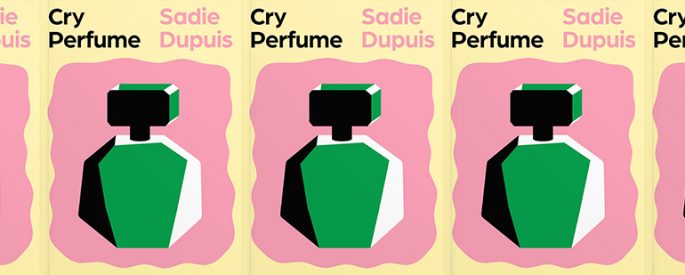
Sadie Dupuis’s poems read like they would make interesting songs. These would be songs not of the finger-picked, delicately confessional coffee-house sort, though, but of the spikily asymmetrical, disjunctive sort, with guitar solos that sound like automobile accidents.
The Peculiar Ritual of Poetry Readings in Douglas Kearney’s Optic Subwoof
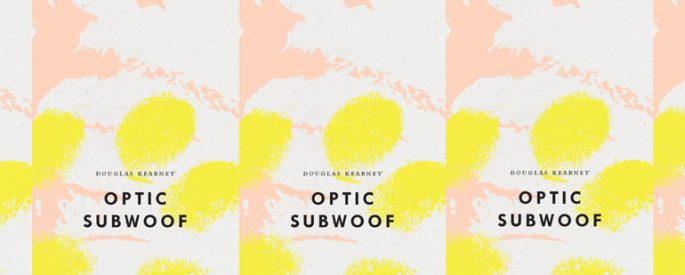
By looking at the institution of poetry readings, the peculiar ritual in which the poet is both the priest and the sacrifice, Kearney goes where other writers should follow.
Time, Sin, and Wonder in Elisa Gabbert’s Normal Distance

In Elisa Gabbert’s new poetry collection, the opening and turning outward to the largest questions we can ask—time, the afterlife—remind us of all we do not know. In our shared ignorance, Gabbert stokes a sense of wonder.
Sensory Experiences in Nina Mingya Powles’s Magnolia木蘭
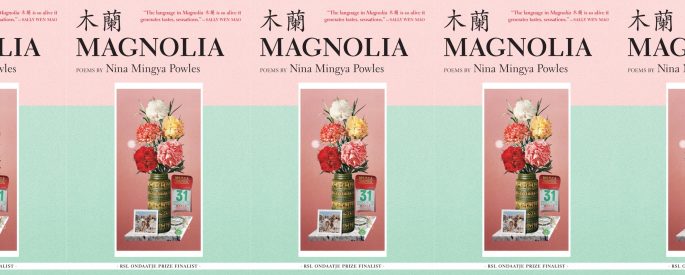
Nina Mingya Powles’s newest collection is a sensory feast. Inviting readers into the spaces between language and culture, between country of birth and countries of origin, Powles paints the landscapes and histories that have shaped her.
Midwood’s Elevated Vantages
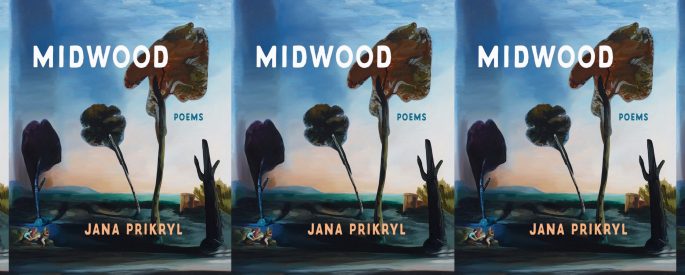
There’s a special delight in Jana Prikryl’s concentration about what is outside her window, the changes from season to season, the repetitions, and what is rooted and roots us, if we allow it to do so. It’s both a poetic act, and a necessary one, especially in our fragmented
Refusing Detachment in Ada Limón’s The Hurting Kind
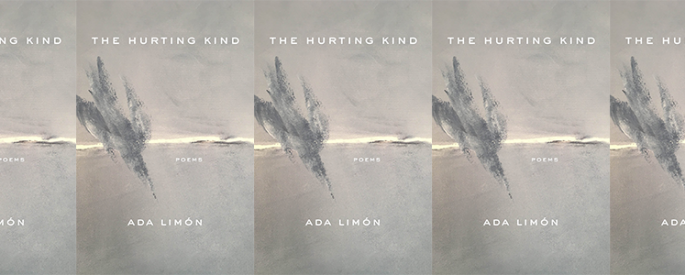
Limón’s new collection refuses numb detachment or an easy forgetting. She affords constant dignity to those whose fragilities are too often framed as liabilities, those who can’t (or won’t) avoid the incessant constellating of experience and memory.
The Body Family’s Sharp and Intimate Portrayal of Trauma
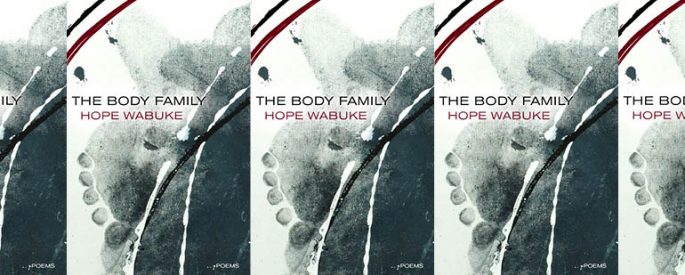
Here we have trauma in its contradictory particularity, its incalculable aleatory combinations—not flattened or reduced at all, but sharp, salient, and intimate.
Collective Despair in Ana Blandiana’s Five Books
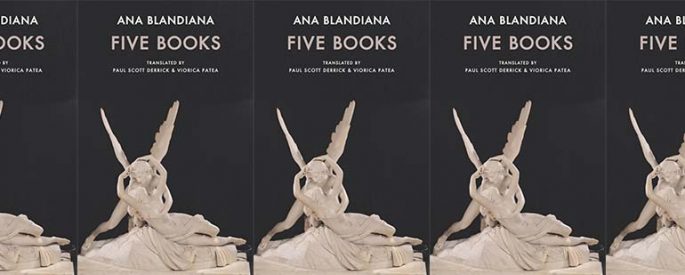
The poems in Romanian poet Ana Blandiana’s collection offer an uncensored, searing reality of the poverty that Communism created, depicted as an imagistic tragedy from the perspective of those who suffered through it.
Facing Pandemic Memories in Mary Jo Salter’s Zoom Rooms
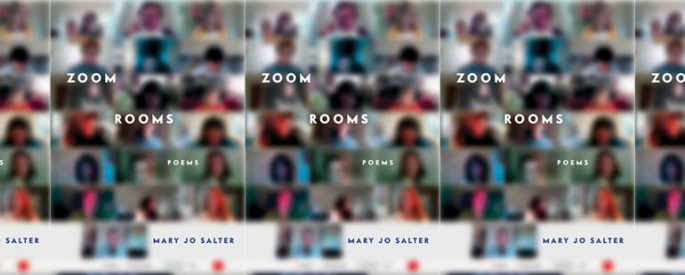
The poems in Mary Jo Salter's collection invite readers to consider what we will remember from a time that feels unforgettable now. As COVID-19 begins to take up less and less space in our heads, will it be more than distant memory, something almost unintelligible to future generations?
Exploring “Withoutness” in Solmaz Sharif’s Customs
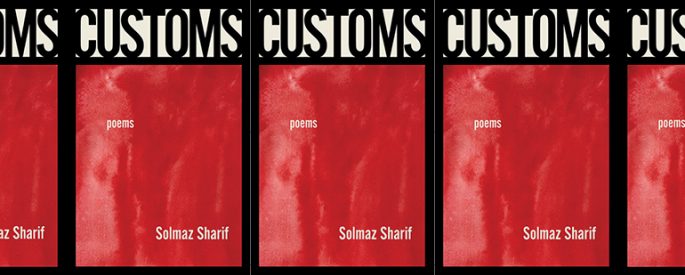
Solmaz Sharif’s language is spare and all the more sharp for what remains. Her poems explore “withoutness” in one’s history, and it’s through that withoutness that this collection takes shape, revealing an enormity of presence, of emotion, and of meaning.